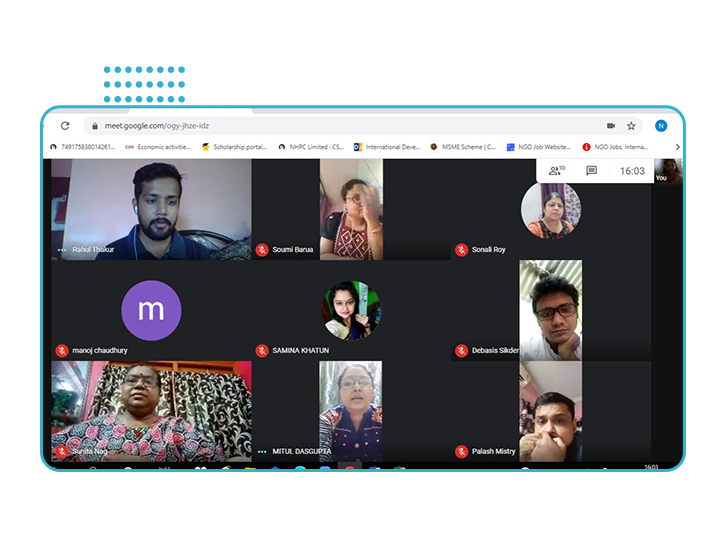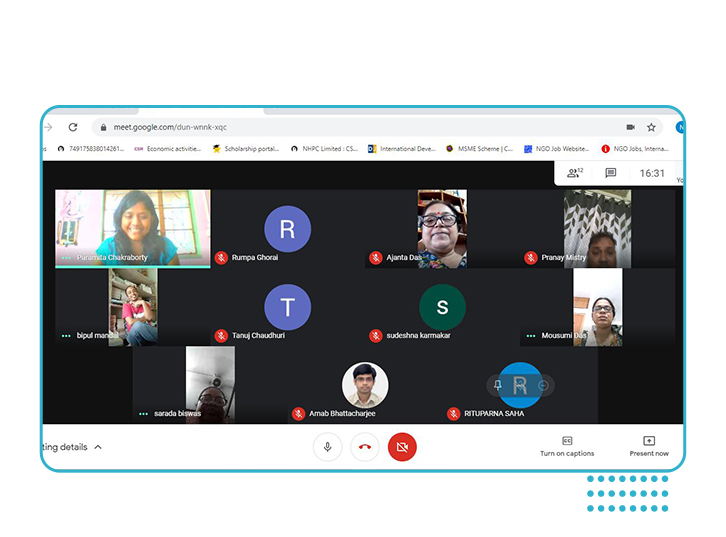The novel coronavirus pandemic in India has forced to shut down education institutions temporarily as a measure to curb the spread of the virus.
With no immediate solution to stop the outbreak of COVID-19, the eco system is moving towards digitization resulting in many private schools resorting to online classes for students to ensure that learning continues.
But what about the millions of primary and upper primary teachers in Government schools who are untrained and do not have the necessary digital skills to handle the “new normal” situation.
According to the UNESCO report on May 28, around 2.7 million teachers from India who had been impacted by the pandemic are untrained to handle the changed situation.

 District: Kolkata District, 7 schools in Phase-I (ONGOING, STARTED 5 SEPTEMBER 2020), another 13 schools in Phase-II
District: Kolkata District, 7 schools in Phase-I (ONGOING, STARTED 5 SEPTEMBER 2020), another 13 schools in Phase-II
